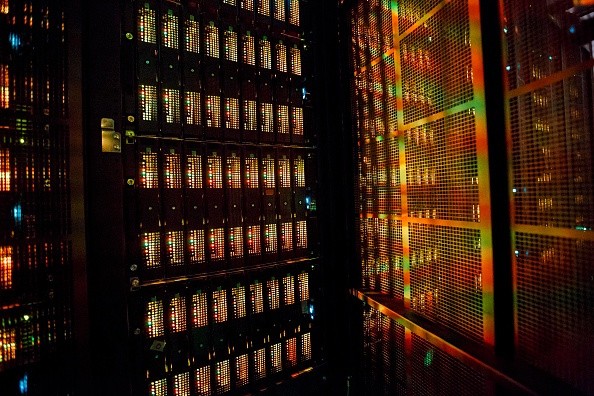A Japanese supercomputer revealed that humidity plays a special role in the aerosol spread of coronavirus. The research giant Riken and Kobe University conducted a study, which was released on Tuesday, Oct. 13.

Using the Fugaku supercomputer, the researchers found out that humidifiers can help prevent aerosol dispersion and limit the spread of COVID-19 infections, which causes the ongoing global pandemic. They used the technology to model the flow and emission of virus-like particles from infected people in different indoor environments.
According to Reuters' latest report, the study revealed that air humidity of lower than 30% contains two times the amount of aerosolized particles, compared to levels of 60% or higher.
Masks are more effected than face shields
The study didn't only focused on air humidity, but it also showed that face masks are still more effective in preventing the spread of aerosols than clear face shields.

Not only that, but the scientists also revealed that those people are more at risk from individuals positioned on their left and right sides than those who are across the table in dining areas.
The study also suggested that singers in choruses should be spaced out and limited.
COVID-19 can spread through air
According to Yahoo News' latest report, many health experts suggested that COVID-19 can spread through air with the help of aerosol particles. Because of the medical experts' growing consensus, the United States Centers for Disease Control and Prevention (CDC) updated its guidance.
CDC now states that viral disease can linger in the air for hours. On the other hand, the Japanese supercomputer was previously used to model contagion conditions in workspaces, classrooms, and trains.
Its findings may provide important new information to help spread COVID-19 infections.
For more news updates about COVID-19, always keep your tabs open here at TechTimes.
Related Article : Idaho University Students Intentionally Contract COVID-19 to Sell Plasma Antibodies
This article is owned by TechTimes,
Written by: Giuliano de Leon.
ⓒ 2025 TECHTIMES.com All rights reserved. Do not reproduce without permission.




